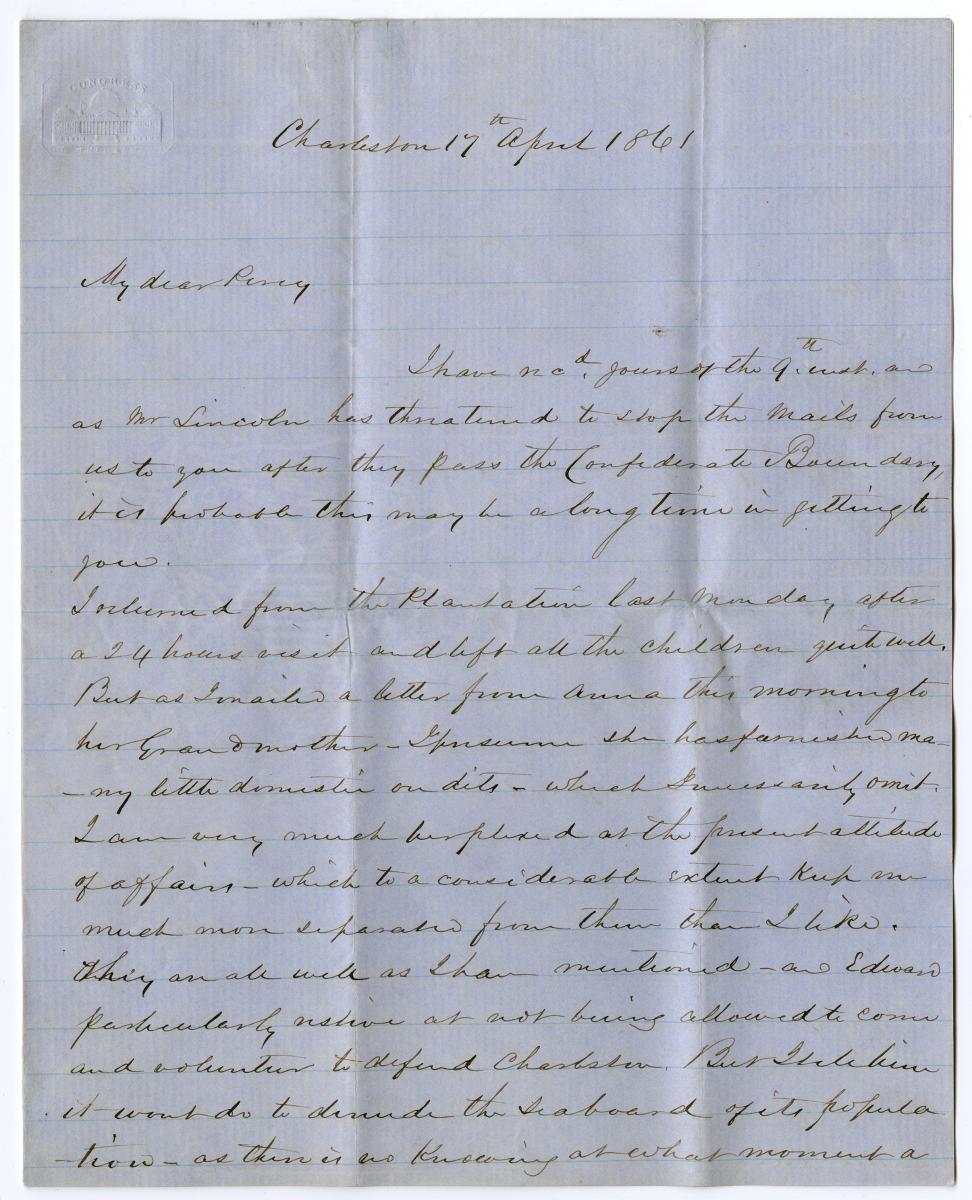I joined the Historical Society of Pennsylvania as an intern in September 2012 to work on the Preserving American Freedom project. The project aims to transcribe, digitize, and annotate fifty notable documents from HSP’s collections and turn them into an online exhibit. In my short time here, I have researched and written about more than twenty of these items along with Ethan Fried, another intern. At this point in the project, we are finished with annotations and descriptions of every document, as well as most of the biographies of people and organizations who appear in the documents.
I have worked on items which include everything from an early draft of the United States Constitution to an eyewitness account of the tense negotiations leading up to the massacre at Wounded Knee Creek. Even though I have a degree in history, the eclectic nature of this project has forced me to learn an incredible amount of new information about events and people of which I previously knew very little.
Although most of my research has involved secondary sources, such as books and journal articles, I have also been granted access to the (often fragile) original documents. For anyone with enthusiasm for history, the experience of handling the actual paper that has been written on by the person you are researching feels like time travel. Articles and books can provide a compelling background, but holding an authentic document will metaphorically transport you into the shoes of the writer. While interning at HSP, I get to experience this every day.
One example of this sort of time travel occurred while I was conducting research on the Drayton family. The related document for the project was a letter sent from Thomas Drayton to his brother, Percival.
The siblings were on opposing sides of the Civil War and desperately tried to convince each other to change positions. In the course of my research, I wanted to find out who the rest of the Draytons were. I started my search by digging through a box of Drayton family correspondence. I found many letters along with a number of envelopes that had broken wax seals. Incredibly, the imprints in the wax were still visible. I picked out a translucent letter and held it in my hands; it looked so frail that I was surprised when it did not disintegrate. The ink had become brown with age, but the elegant handwriting was still beautiful to behold. The letter was from Anna Drayton and addressed to her grandmother, Maria Heyward Drayton. As I later found out, Maria was actually Anna’s step-grandmother, but Anna spoke of her as if she were her biological grandparent. Anna and Maria were on different sides of the Mason-Dixon Line, but their familial bond was clearly powerful enough to transcend the divide of the Civil War. By the time I had carefully replaced the letter in its folder, 1861 didn’t seem so far away.
Although we have accomplished a lot while working on the Preserving American Freedom project, there is still much left to be done. Our current task is translating all of our written content into an XML file and uploading it onto the website. In any case, I know that more research will involve more time travel, and I look forward to reporting on those experiences in future updates.


